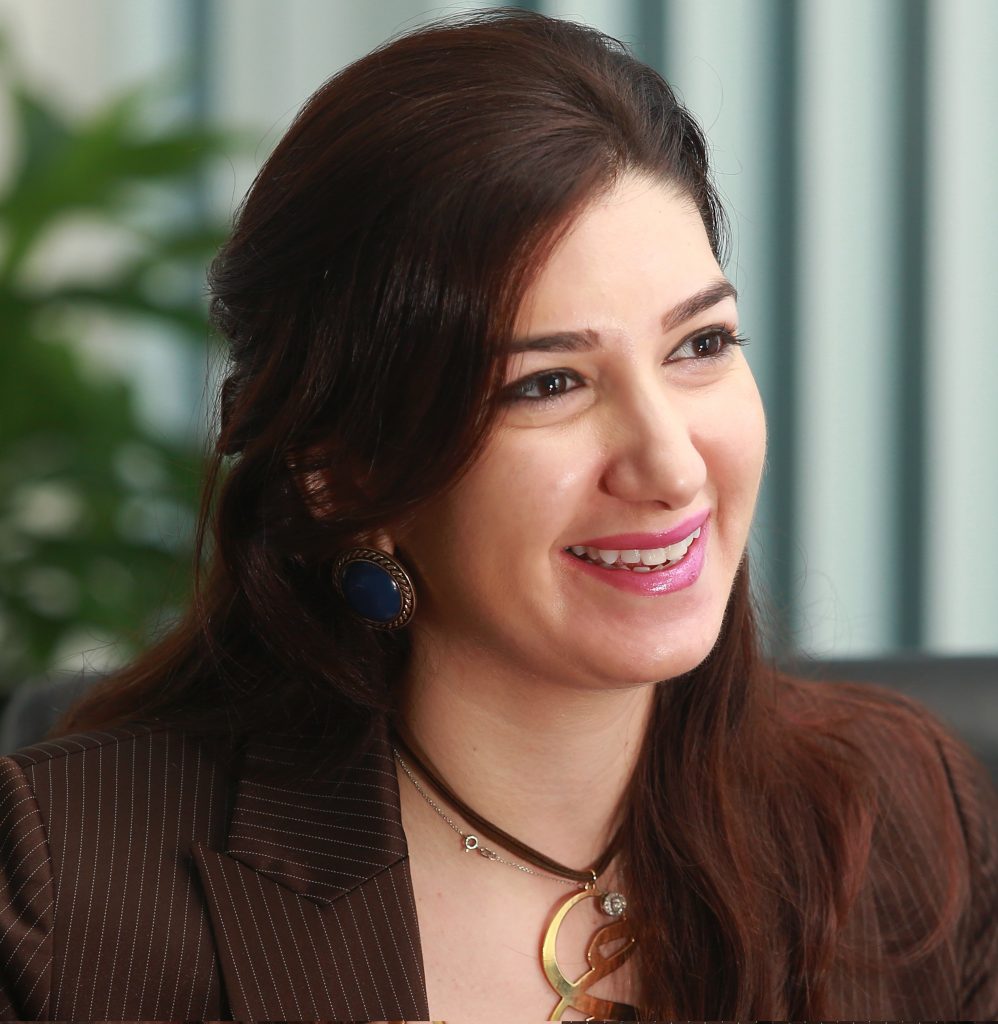- 26 Jan 2016
Turkey in the Middle East: From powerfulness to powerlessness, from “strategic depth” to strategic abyss?
Abstract:
During the 2000s, and thanks to its economic dynamism, its diplomatic activism and the political will of its ruling elite, Turkey has managed to cast itself as a major player in the international system and as a rising power with global ambitions. The rise of Turkey in the international arena goes hands in hands with its affirmation as a regional power in the Middle East: by developing close bilateral relations with the Arab countries, by embarking on mediating missions in the region, and by being vocal on sensitive issues such as the Arab-Israeli conflict, Turkey has managed to appear as a regional leader and pole of attraction in the Middle East.
This evolution in Turkish-Arab relations and the increasing involvement of Ankara in the Middle East regional environment represent a break with past practices; in particular, they contrast with the historical divorce that has characterized the relations between Turkey and the Arab world for most of the twentieth century. This change in Turkey’s regional standing and the Eastern orientation of Turkish foreign policy under the ruling Justice and Development Party (AKP – Adalet ve Kalkinma Partisi) have been subject to a heated debate: while several pundits have wondered whether Turkey is “turning its back to the West” and “adopting a neo-Ottoman policy,” others have praised Turkey’s activism in the Middle East and its multi-dimensional foreign policy.
This paper argues that Turkey’s rapprochement vis-à-vis its Middle Eastern environment is linked to its accession to the rank of rising middlepower. Being a rising middle power in quest for global status, Turkey has sought to use the Middle East as a hinterland necessary for its empowerment on the world stage. Said differently, the Middle East offers Turkey a regionalsphere of influence which serves as a political laboratory where a new diplomacy is invented, new strategies are deployed, and where an innovativeforeign policy is tested, whose aim on the long term is to help Turkey acquire a global power status.
Jabbour examines the current features of Turkey’s “new” foreign policy in the Middle East: after explaining the strategies and tools that the AKP government used in order to build a regional hinterland for Ankara in the Middle East, the paper analyzes the achievements and shortcomings of this foreign policy, and looks at the challenges Turkey is currently facing in the Middle East, in the post-“Arab spring” era.
About the Speakers

Jana Jabbour is a PhD in Political Science and International Relations. She is a lecturer at Sciences Po Paris, and a research associate at Centre de Recherches Internationales (CERI) and Institut de Recherches sur le Moyen-Orient (IREMMO), where her research and publications mostly focus on the MENA region’s political economy and international relations. She is also a co-founder of a research group on “Rising powers in the international system” whose aim is to examine the role of the BRICS and other rising middle powers in world governance.
Ms. Jabbour is an expert of contemporary Turkey. Her PhD (received from Sciences Po with summa cum laude distinction) focused on Turkey’s foreign policy in the Middle East under the Justice and Development Party and President Erdoğan’s rule. It will be published in 2016 at Press Universitaires de France (PUF), and translated into English, Arabic and Turkish.
In addition to her research work, Ms. Jabbour is an external consultant for the French Ministry of Foreign Affairs on issues related to Turkey. She is a regular guest speaker at various media outlets, including FRANCE 24, LCI, M6, RFI, and Radio Orient France, and a regulator news commentator for Le Figaro and The Huffington Post.
Ms. Jabbour is co-founder and shareholder of SAMAR Media, the first “Arab citizen media”, covering the political, cultural, and economic dynamics at work in the MENA region (www.samarmedia.tv). SAMAR Media has reached one million viewers and subscribers worldwide, and its video series have been broadcasted by Al Jazeera, France 24, and the websites of The Guardian and El Pais.
Ms. Jabbour was born in Lebanon and currently spends her time between Paris and Beirut. In addition to her PhD, she holds a dual MSc in International Political Economy and International Security from the London School of Economics (LSE), and a dual BA in Political Science from Johns Hopkins University and Sciences Po. She speaks five languages (Arabic, English, French, Spanish, and Turkish).




